Tax-free income ceiling to stay the same
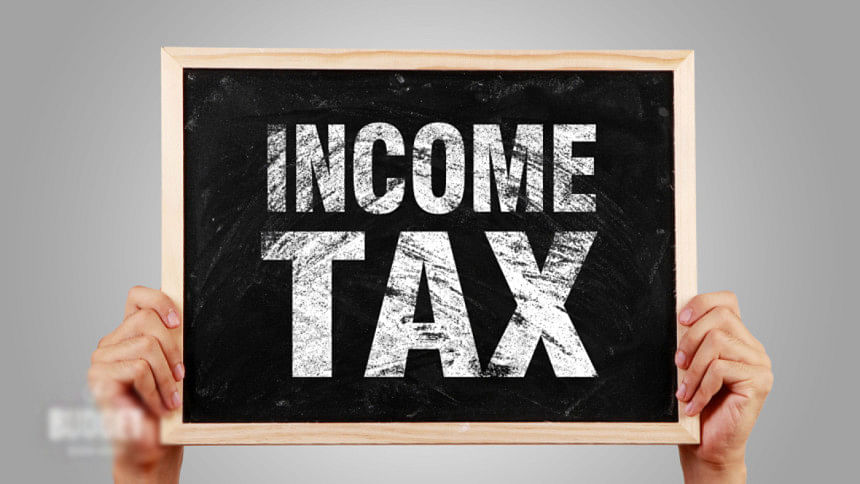
The interim government is set to introduce a wide range of tax and duty reforms in the upcoming fiscal year to facilitate the country's smooth graduation from Least Developed Country (LDC) status and drive economic growth.
Finance Adviser Salehuddin Ahmed is likely to present the national budget for 2025-26 on June 2, outlining measures to ease the cost of doing business.
The tax-free income threshold of Tk 3.5 lakh will be unchanged in the next fiscal year.
As part of the proposed measures, the tax-free income threshold for individual taxpayers has been raised from Tk 3.5 lakh to Tk 3.75 lakh
for the assessment years 2026–27 and 2027–28.
Additionally, for those officially recognised as "July Warriors"—taxpayers injured during the July 2024 mass uprising, the
tax-free income limit has been set at Tk 5.25 lakh.
In order to increase revenue, the government is likely to reintroduce a 30 percent tax rate for high-income earners.
Value Added Tax will be raised for construction firms, online businesses, plastic goods, duplex boards, synthetic fibres, cotton yarn, blades and several other items. In addition, advance income tax (AIT) on commercial imports is set to increase, along with higher customs duties on mild steel products.
To encourage the use of essential and environmentally friendly products, VAT exemptions have been proposed for eco-friendly utensils, liquefied natural gas (LNG), diapers, liquid milk packages, and ballpoint pens.
Manufacturers and importers of cold storage equipment, paper products, buses, newsprint, cancer treatment devices, and raw materials for pharmaceuticals and "green industries" will benefit from these measures.
To provide relief to small depositors, the government may raise the threshold for excise duty exemption on bank account balances from Tk 1 lakh to Tk 3 lakh. Penalties for import-related misdeclarations are expected to be reduced to 200 percent from the current 400 percent.
As part of broader reforms, the budget will propose withdrawing or reducing supplementary duties on 622 products and grant duty-free access for 110 items. This step is aimed at enhancing trade competitiveness and expanding market access.
Officials at the finance ministry say these measures are needed for enhancing Bangladesh's global competitiveness after LDC graduation.
To enhance revenue collection while preparing the economy for LDC graduation, VAT on services rendered by construction firms has been increased from 7.5 percent to 10 percent while the VAT on commissions from online sales platforms has been sharply raised from 5 percent to 15 percent.
The VAT at the production stage of self-copy paper, duplex boards, and coated paper has been increased from 7.5 percent to 15 percent.
Similarly, all types of plastic tableware, kitchenware, household goods, hygiene products, and toilet items will now see 15 percent VAT, up from 7.5 percent.
The VAT on blade production has been raised from 5 percent to 7.5 percent, while wire cutters, screws, connectors, nuts, bolts, electric line hardware, and pole fittings will also see their VAT increased to 7.5 percent from 5 percent.
On the taxation front, the specific tax on mild steel products is set to rise by approximately 20 percent. Additionally, the specific tax on cotton yarn has been raised from Tk 3 to Tk 5 per kg, and the same rate will apply to yarn made from man-made fibres or fibre blends. To support local industries, the AIT on raw material imports by manufacturers will be reduced from 3 percent to 2 percent.
US TARIFF RESPONSE
To meet trade challenges, the National Board of Revenue (NBR) is set to propose zero import duties on an additional 110 products. The move is intended to mitigate the impact of a proposed 37 percent tariff on Bangladeshi exports by the US, following policy changes introduced by the Trump administration.
The list includes raw materials for the textile sector, military equipment, and industrial machinery. The government aims to expand duty-free imports to offset the impact of new tariffs and safeguard market access.
PHARMACEUTICAL INDUSTRY
To reduce healthcare costs, the budget is expected to expand duty exemptions on raw materials and medical equipment. An additional 79 items may be added to the duty-free list, particularly benefiting manufacturers of drugs for cancer, kidney, and vascular diseases.
Besides, the government plans to exempt duty on cold storage machinery, including compressors, to stabilise food prices and reduce post-harvest losses.
Duty cuts are also likely for raw materials used in toy and cricket bat production. The tariff value of imported toys may be set at $4 per kg, while duty on willow wood, used in cricket bats, may be lowered from 37 percent to 26 percent.
CUTS FOR PUBLIC TRANSPORT
In an effort to ease traffic congestion, the import duty on buses with 16-40 seats is expected to fall from 10 percent to 5 percent and supplementary duty on microbuses with 10-15 seats from 20 percent to 10 percent.
The government is also likely to reduce the specific duty on refined sugar imports from Tk 4,500 to Tk 4,000 per tonne.
BOOST FOR SOFTWARE EXPORTERS
The government may reduce import duty on development tools, operating systems, databases, and security software from 10 percent to 5 percent.
Tariffs on lipstick and face wash may be doubled to $40 per kg. A similar increase is expected for chocolates.
The duty on import of helicopters is expected to rise from 1 percent to 10 percent.
The government wants to lower energy costs for power generation and industrial operations by doing away the 15 percent VAT on its import.


 For all latest news, follow The Daily Star's Google News channel.
For all latest news, follow The Daily Star's Google News channel. 

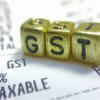
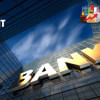
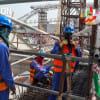
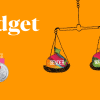
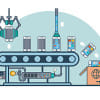


Comments